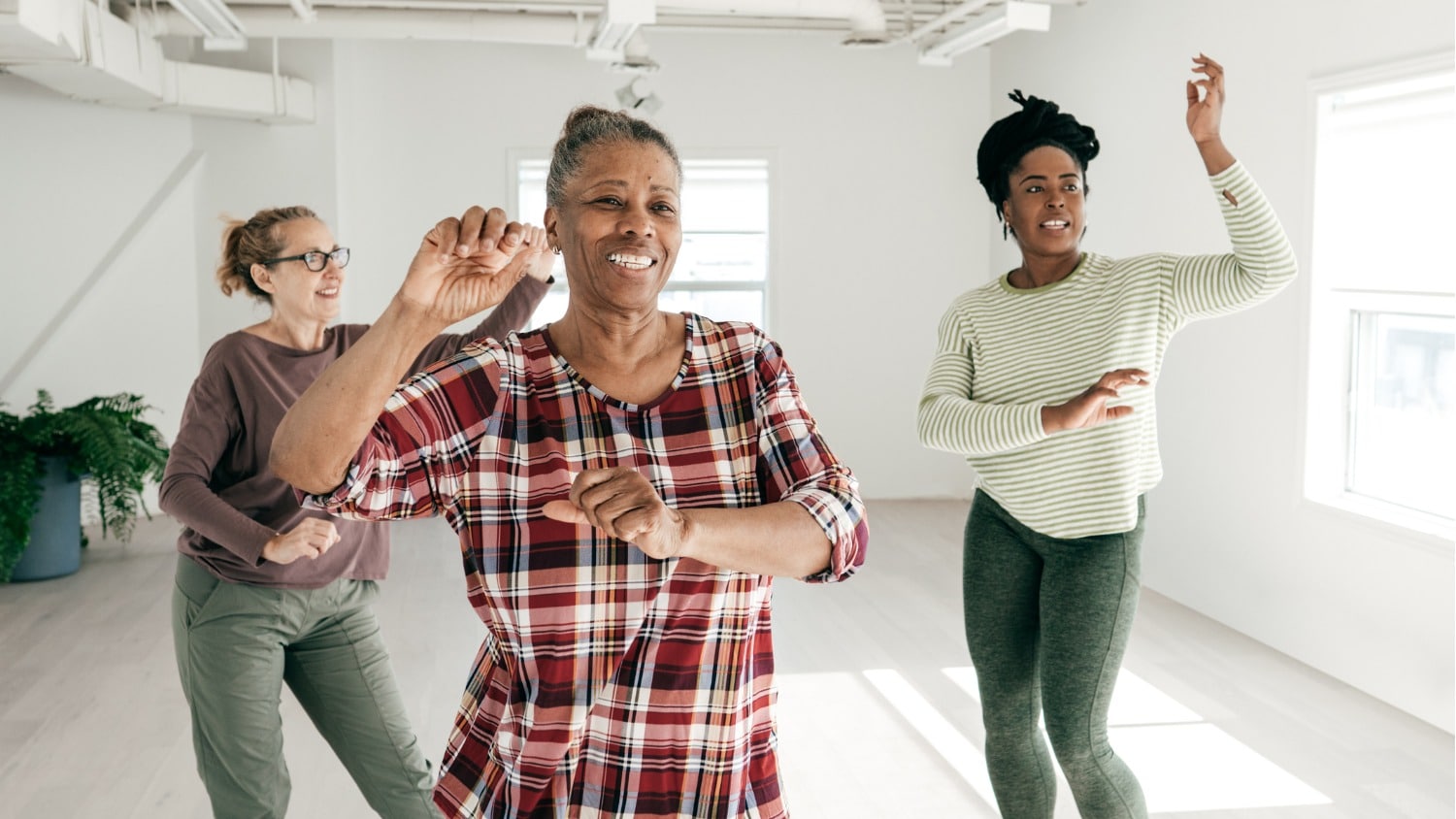
Balance and Dizziness: What Every Baby Boomer Ought to Know
Dizziness can happen at any age, but it can be more prevalent among adults. A study done in 2016, reported that dizziness, including vertigo, affects about 15% to over 20% of adults every year.
Dizziness episodes that cause people to fall can be a major health risk, especially among the baby boomer generation. Learning more about balance and dizziness, and taking action to reduce your risks, can help prevent those catastrophic falls.
In this article, you will learn about what causes dizziness and imbalance as we age, and the role of each primary balance system of your body in keeping you from falling.
How Do We Keep Our Balance?
Balance depends on a variety of factors, including numerous systems in the body and external and environmental circumstances. There are three primary sensory systems in the body that collaborate to produce postural stability and prevent you from falling.
The vestibular system of the inner ear works in tandem with the visual system and the proprioceptive system to manage your body movements in space.
These three systems work in tandem as we perform straightforward activities like standing and walking or more complex and dynamic tasks like running and dancing.
What Are the Roles of Each of the Three Balance Systems?
Vision
As we age, we become more and more visually dependent on our balance. I often witness this with my patients when I ask them to do the simple task of closing their eyes while standing.
Try the same test for yourself: Close your eyes while standing and see how long you can keep your body still and steady without swaying or losing your balance.
Now, imagine if your vision is compromised by visual impairments common in the older adult population:
- Blurred vision
- Loss of central or peripheral vision
- Difficulty determining the depth of field
- Night blindness
- Extreme light sensitivity
It is important that you get your vision checked and your prescription glasses regularly updated.
Proprioceptive System
The sensation you get from your skin, muscles, and joints provides you with valuable information for your balance.
Depending on the feedback you feel from the tension or stretch in your muscle, the pressure of the ground on the soles of your feet, or the position of your joints, you adjust your body’s position to keep your balance.
Now imagine if the function of your proprioceptive system is influenced by medical conditions affecting this sensory system:
- Diabetes
- Peripheral neuropathy
- Arthritis
- Stroke
- Sciatica
Talk to your health care provider to explore medical issues that may be contributing to your symptoms of balance loss.
Vestibular System
What happens if you receive conflicting information from what you see (vision) and what you feel (proprioceptive)?
Imagine standing still in the middle of a cruise ship while the ship is being tossed all over by violent waves.
Your vestibular system identifies self-motion versus motion in your surrounding environment. By filtering this information, your vestibular system helps you keep your posture and balance.
What Causes the Symptoms of Vestibular Disorder?
The vestibular system is primarily located in your inner ear.
It is a small but complicated part of your body that has tubes and chambers filled with fluid.
These tubes and chambers sense the position and movement of your head, as well as the direction of gravity, utilizing specialized nerve endings located within them.
Studies show that the number of these nerve cells in your ears decreases after you are about 55 years old. With age, the inner ear’s blood supply also decreases.
When the vestibular system deteriorates or is damaged, a person may experience dizziness and poor balance.
What Can You Do If You Suffer from Dizziness or Poor Balance?
Vestibular rehabilitation treatment has been found in studies to help with posture, balance, dizziness, and risk of falls.
A vestibular physiotherapist will design rehabilitation exercises based on the functional deficits detected by the therapist’s examination of your vestibular and balance systems.
The exercises are meant to help reduce your dizziness caused by movement and enhance visual clarity, balance responses, joint mobility, and strength to lower your risk of falling.
Summary
As we age, it is important to be proactive in preserving our balance. One way to do this is by getting regular check-ups with your vision specialist and other health care providers.
Additionally, you can see your health care provider and ask about vestibular rehabilitation treatment. This type of treatment has been found to help with posture, balance, dizziness, and risk of falls.
Have you checked your balance recently? On a scale of 1 to 10 where would you place your balance? Do you get dizzy sometimes? How do you handle such moments?
Disclaimer: This article is not intended to provide medical advice. Please consult with your doctor to get specific medical advice for your situation.
Tags Medical Conditions






